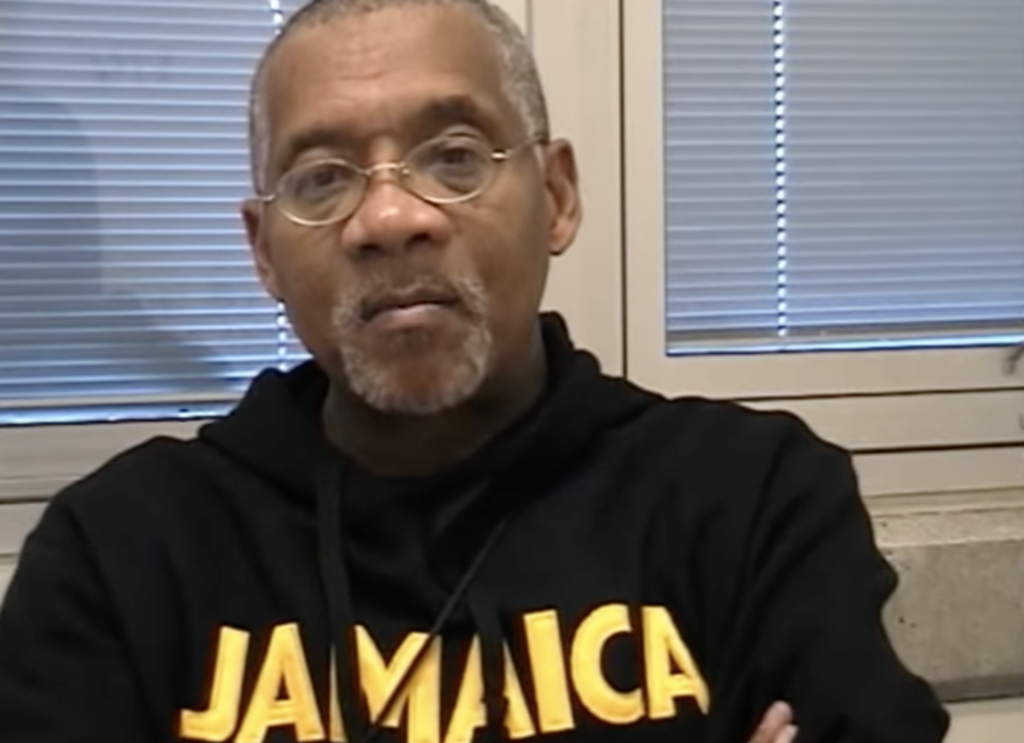Former Black Panther and Seattle activist Garry Owens passed away, leaving behind cherished memories and the lasting legacy of a man dedicated to social justice.
According to The Seattle Times, Owens died from multiple health issues on Friday, Sept. 30. He was 77.
Owens grew up attending south Seattle schools and graduated from Franklin High, where he was active with the local CORE chapter. He returned to Seattle in 1967 after serving in the U.S. Army, and in 1968, he joined the Black Panther Party as an early member.

In 2016, Owens, who had a soft spot for children, told The Seattle Times that the complimentary breakfast program was his favorite project during his time as a Black Panther, noting that they fed all hungry children, not just Black ones.
“He committed over 50 years of his life to radical change in this world, both in the United States and internationally,” said Owens’ wife, Cindy Domingo, a fellow activist and organizer, according to The Seattle Times. “And he always saw that young people were the hope, that vision. So he spent a lot of time mentoring, encouraging and educating young people.”
Domingo said Owens emphasized developing personal connections and relationships. He was known to check on individuals and send texts and words of support to friends and acquaintances.
The late activist spoke about this vision in a 2005 oral history project.
“Maybe the true essence of our humanity is to deeply feel something and then strive for it however you can, and then take people along with you so you’re not doing it in isolation,” he said, according to The Seattle Times.
Bill Fletcher Jr., a scholar, activist and author, said the concern and attention his friend Owens gave was sincere. He claimed that although Owens had strong opinions, his connections were not transactional and that he valued other people’s perspectives.
Sharon Maeda, a civic leader and activist who first met Owens in the 1970s, echoed these sentiments. She remembered him as someone who would make a point of seeing or conversing with others he knew either didn’t understand what he was saying or didn’t share his ideals.
For many years, Owens served on the board of LELO, a labor-rights group established as a cross-racial organization to pursue racial and economic justice.
He also spent decades with Seattle’s Department of Neighborhoods, known initially as the Office of Neighborhoods. Owens, who started working there in 1989, was one of the first community organizers hired to help the city’s underrepresented and less affluent regions establish their neighborhood associations.
Jim Diers, who initially hired Owens, noted how friendly and encouraging he was to applicants while helping them through an unusual application process.
“That smile, that laugh, that sense of humor. I like to call him a loving warrior for justice,” said Diers, The Seattle Times reported. “Passionate about justice and made that his life’s work. But at the same time, he wasn’t one of those sour people, he’s just very loving, very caring.”
Owens is survived by Domingo, his children Malik Owens, Jamil Owens and Ann Marie Diggs, and his grandkids Whitney and Maddie Diggs.
TheGrio is FREE on your TV via Apple TV, Amazon Fire, Roku and Android TV. Also, please download theGrio mobile apps today!
